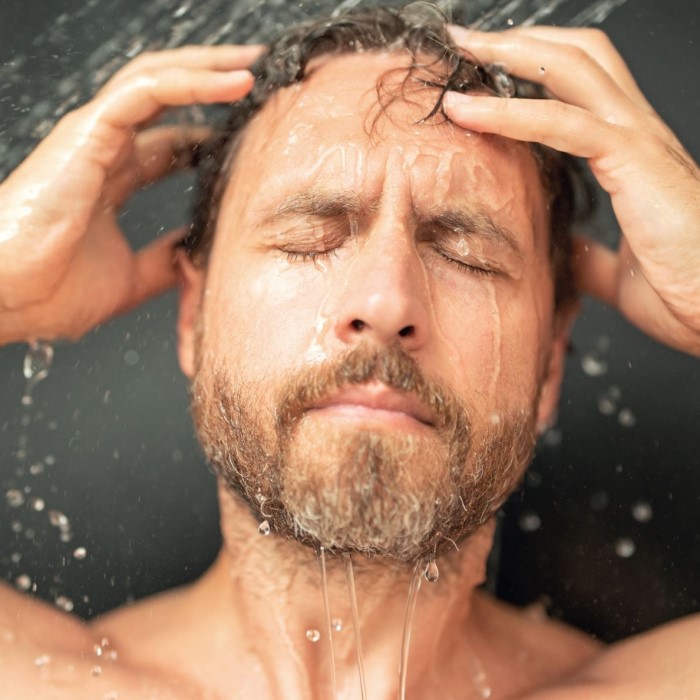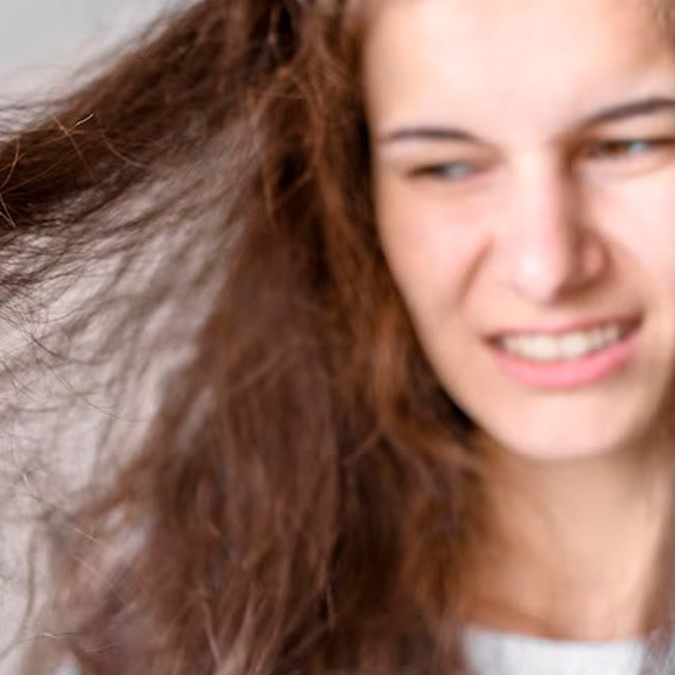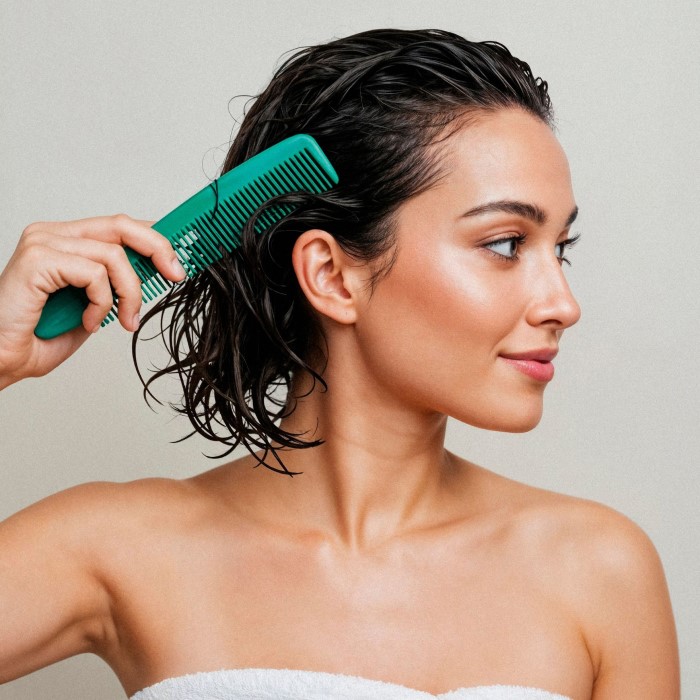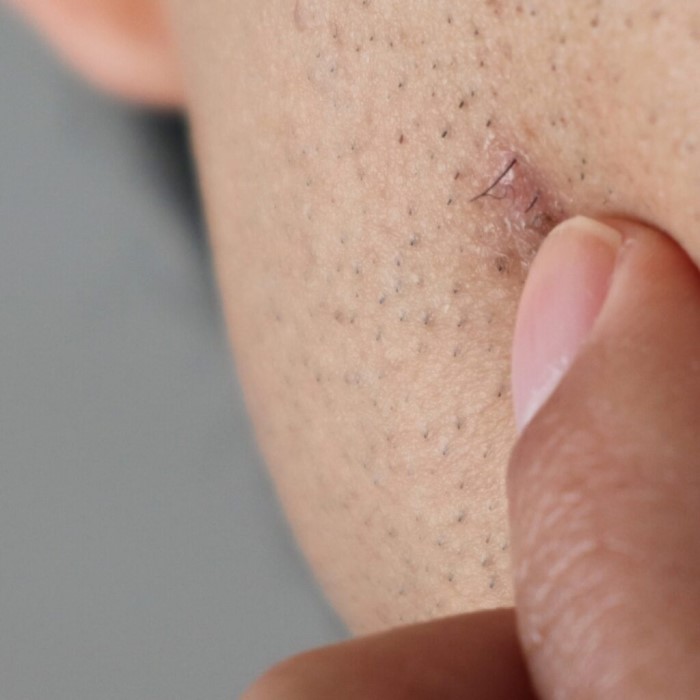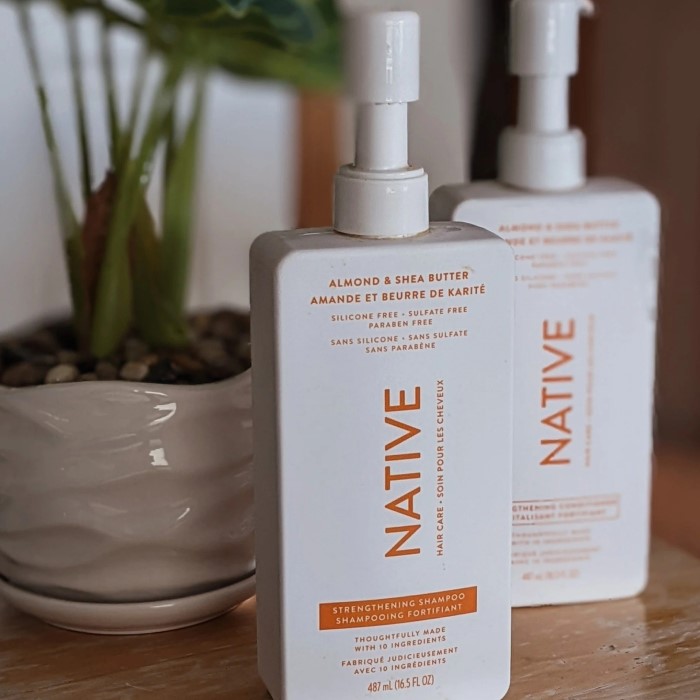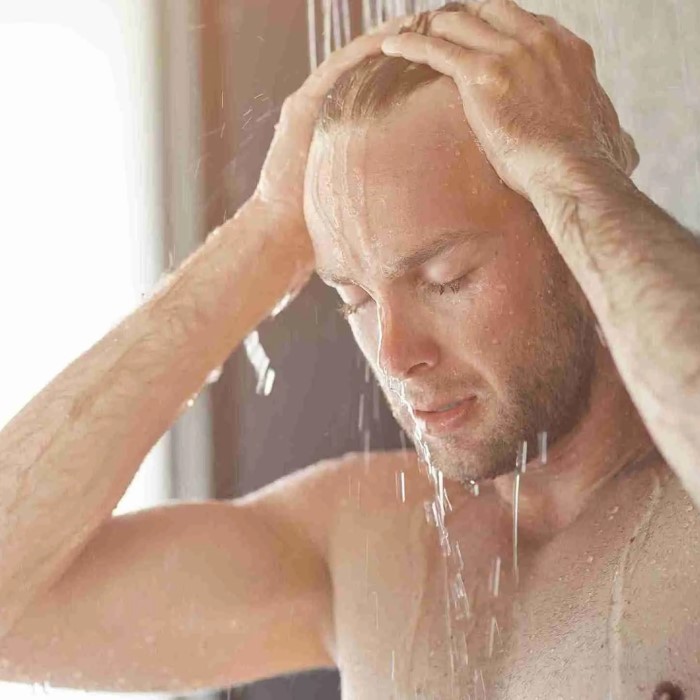
Can Hard Water Cause Hair Loss? Learn How to Protect Your Hair
Introduction: Can Hard Water Cause Hair Loss?
Many individuals wonder: can hard water cause hair loss? This inquiry has gained popularity as more people experience hair concerns alongside living in areas supplied with hard water. Hard water contains elevated levels of minerals such as calcium and magnesium, which can adversely affect hair health. As a result, it can lead to dryness, brittleness, and sometimes even increased hair loss.
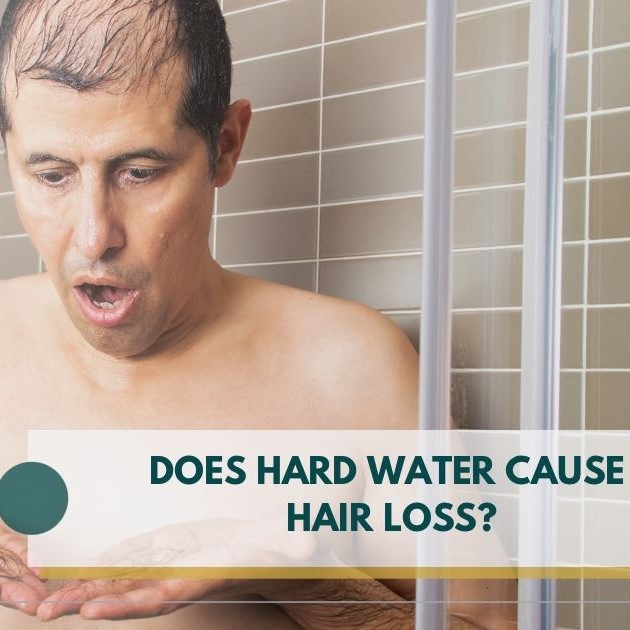
Understanding the relationship between hard water and hair loss is essential for those affected. To protect your hair effectively, this article will explore how hard water interacts with our hair, the signs indicating damage, and practical measures to mitigate these unwanted effects. It is crucial to equip yourself with knowledge and strategies, allowing you to maintain the health and vitality of your mane.
Understanding Hard Water and Its Composition
What is Hard Water?
Hard water is a type of water that contains a high concentration of dissolved minerals, primarily calcium and magnesium. This mineral-rich water typically originates from groundwater that flows through limestone or chalk deposits, picking up these elements along the way. As it travels, it can accumulate various impurities, making it unsuitable for certain uses.
Characteristics of Hard Water
Hard water is often characterized by its:
- Scale Buildup: One prominent feature of hard water is the white, chalky residue it leaves behind on faucets and showerheads. This iridescent buildup occurs due to the precipitation of minerals.
- Effect on Soap: Hard water does not lather soap well, leading to the need for more product when washing hair, which may not be ideal for effective cleansing.
- Taste and Odor: Hard water can have a distinct taste and, in some cases, an unpleasant odor, which may deter individuals from drinking it habitually.
The Impact of Hard Water on Hair Structure
When hard water comes into contact with your hair, several harmful interactions can occur:
- Mineral Accumulation: The hair shaft can absorb minerals, leading to a buildup over time. These deposits weigh hair down and make it look lifeless.
- Diminished Moisture Retention: Due to the mineral barrier, hair fails to retain moisture effectively. When hair lacks hydration, it often becomes frizzy, brittle, and prone to breakage.
- Decreased Shine: Hard water can strip your hair’s natural shine, making it appear dull and lackluster. The buildup of minerals prevents light from reflecting off the hair strands.
- Weakened Follicles: Over time, the buildup can create an unhealthy environment for hair follicles, leading to potential hair thinning and loss.
Can Hard Water Cause Hair Loss?
Exploring the Connection
Can hard water cause hair loss? While the direct link between hard water and hair loss is still a subject of debate, several factors support the notion that hard water can negatively impact hair:
- Existing Vulnerabilities: If an individual already has fine or fragile hair, hard water can exacerbate these concerns and increase the likelihood of hair loss due to breakage.
- Scalp Conditions: Hard water might lead to various scalp issues, such as dryness or dermatitis. These conditions can further contribute to hair thinning or loss.
- Underlying Health Issues: For individuals with underlying health issues affecting hair growth, hard water may complicate hair health, leading to enhanced hair loss.
It’s important to note that while hard water might not be the sole cause of hair loss, mitigating its effects can improve overall hair health.
Recognizing the Signs of Hair Loss Due to Hard Water
Common Symptoms of Hard Water Damage
To determine if hard water is contributing to your hair loss or hair issues, look out for the following signs:
- Dryness and Brittleness: One of the first indicators that hard water is affecting your hair is the feeling of dryness. If your hair suddenly lacks its usual softness or becomes coarse, you might be experiencing the effects of mineral build-up.
- Frizz and Manageability Issues: If you notice that your hair becomes uncontrollable and frizzy after washing it, hard water may be to blame. The minerals in hard water can disrupt the hair’s natural texture.
- Scalp Irritation and Dandruff: Individuals may develop itchy patches or increased flakiness when using hard water. Leading to discomfort and further thinning of hair.
- Lack of Shine: Your hair may appear lifeless or dull due to the buildup of minerals. If you have previously enjoyed silky, shiny locks but now see them looking tired, it’s time to investigate water quality.
- Hair Breakage: When your hair feels fragile or you find excessive strands in your hairbrush. It indicates underlying damage that could be exacerbated by hard water.
How to Assess Your Hair Loss
To assess whether hard water is a contributing factor, conduct a simple water test. Fill a clean glass with tap water and wait for a few hours. If sediment settles at the bottom, it indicates hard water presence. Additionally, if your hair experiences several of the aforementioned signs, it’s worth addressing potential hard water issues.
Protecting Your Hair from Hard Water Damage
Effective Strategies to Mitigate Hard Water Effects
If you suspect that hard water is affecting your hair health, there are multiple strategies to consider for protection:
- Install a Water Softener: Water softeners remove the minerals that make water hard. By installing one in your home, you can transform your water supply into softer and more hair-friendly water.
- Use Clarifying Shampoo Sparingly: Consider using a clarifying shampoo to remove mineral buildup. Be cautious not to overuse these products, as they can also strip the hair of its natural oils.
- Incorporate Deep Conditioners: Regularly applying a deep conditioning treatment can help rehydrate your hair. Look for hair masks formulated specifically for hard water to counteract damage.
- Utilize Vinegar Rinses: Rinsing your hair with diluted apple cider vinegar can counteract the effects of hard water by breaking down mineral deposits. This rinse can help restore shine and softness.
- Adopt Healthy Hair Practices: Regular trims, protective hairstyles, and limited heat styling can all play roles in preventing damage and promoting healthy hair, regardless of water quality.
Enhancing Your Hair Health Internally
In addition to topical treatments, consider dietary adjustments to support hair health. A diet rich in nutrients such as biotin, zinc, omega-3 fatty acids, and vitamins A, C, and E can help strengthen hair follicles and promote healthy growth. Foods like eggs, nuts, leafy greens, and fatty fish can work wonders for your overall hair condition.
The Role of Professional Treatments
If you’ve tried home remedies but still face issues, it might be worth seeking professional assistance. A hairstylist or dermatologist can provide specialized treatments designed to address hard water effects, including:
- Deep Conditioning Treatments: Salons offer intensive conditioning treatments that penetrate the hair more effectively than over-the-counter products, helping to reverse damage caused by hard water.
- Scalp Treatments: Professional scalp treatments can alleviate irritation and restore a healthy scalp environment essential for optimal hair growth.
- Customized Hair Care Products: Experts can recommend or prescribe specific products tailored to your hair type, concerns, and the hard water conditions you face.
- Regular Haircuts: Trimming split ends and damaged hair regularly helps prevent further breakage and promotes healthy growth overall.
FAQs
Does Hair Loss from Hard Water Grow Back?
Typically, hair loss linked to hard water can improve through effective treatments and good hair care practices. Once the underlying issues have been addressed and proper care is implemented, individuals often notice regrowth and improved hair health.
How Do I Protect My Hair from Hard Water?
To protect your hair from hard water, consider installing a water softener, adopting clarifying shampoos. Utilizing deep conditioners and vinegar rinses. These methods work harmoniously to minimize damage, restoring your hair’s vitality.
How to Tell if Hair Loss is from Hard Water?
To determine if hard water is a factor in your hair loss, observe symptoms like dryness, brittleness, and reduced shine. Conducting a water test can also help indicate water hardness, giving you a clearer picture of its impact.
Conclusion
In conclusion, the question of can hard water cause hair loss? is crucial for anyone experiencing hair issues. While hard water might not be the sole cause of hair loss, it can exacerbate existing hair problems, resulting in dryness, brittleness, and potential breakage.
By being proactive and adopting strategies like water softeners, clarifying shampoos, and deep conditioning treatments, you can protect your hair from the damaging effects of hard water. Understanding the risks associated with hard water allows you to take the necessary steps to ensure your hair remains healthy and vibrant. With the right practices in place, you can mitigate hard water’s effects and enjoy stronger, shiner, and healthier hair for years to come.
